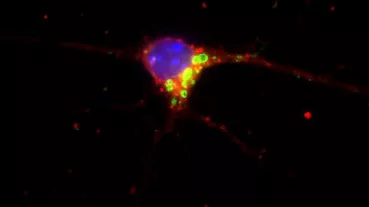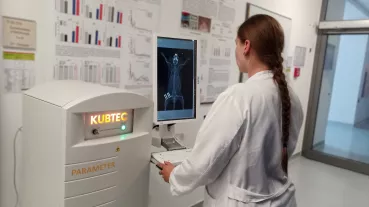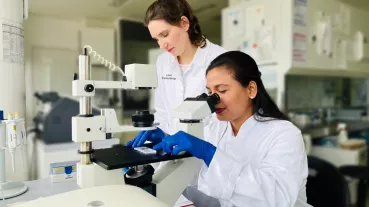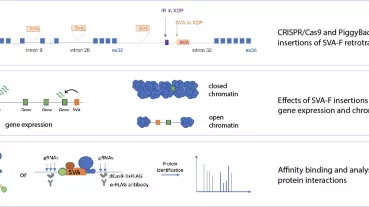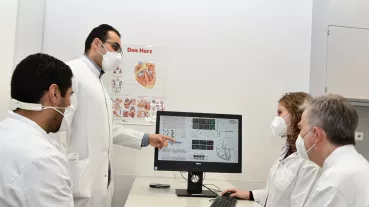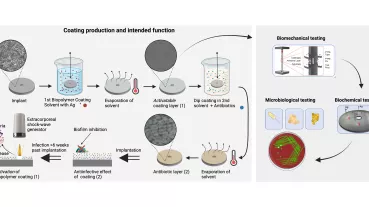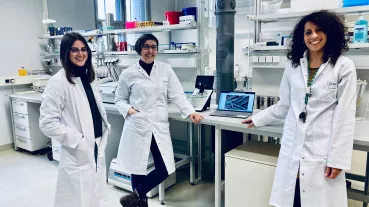Effect of human immunoglobulin G on immune-mediated pathology of Duchenne muscular dystrophy
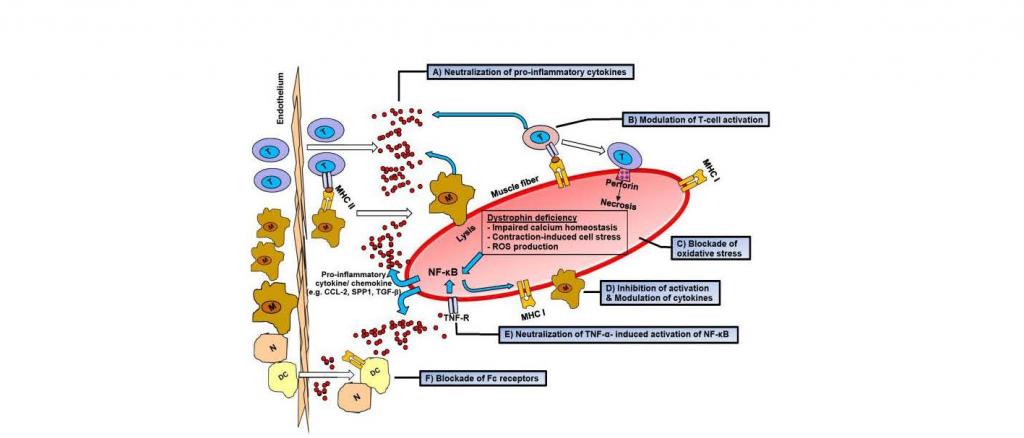
Duchenne muscular dystrophy (DMD) is an inherited, progressive muscle wasting disease. The absent dystrophin protein results in structural instability of the dystrophin-glycoprotein-complex and muscle degeneration. In addition, myoinflammation has been implicated in disease progression and therapeutically addressed by glucocorticosteroids, which have numerous side effects. Alternatively, human immunoglobulin G (IgG) demonstrated an improvement of clinical and paraclinical parameters in a DMD mouse model. The aim of the present study is to identify molecular mechanism of IgG on muscle regeneration in relation to myoinflammation by using cell culture and murine models for DMD. We expect a reduction of chronic, pathologic, inflammatory cascades and an improvement of muscle regeneration. Considering IgG as a well-tolerated drug in humans, IgG could complement gene therapy in DMD in future.
Further information is available at:
http://www.neurologie.med.uni-goettingen.de
http://www.muskelimmunbiologie.uni-goettingen.de
